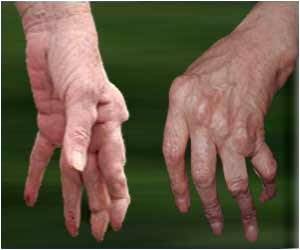Administration of probiotics along with the nutrients was found to increase the interferon levels, reduce infections for patients in intensive care, reveals study.

Suppression of the immune system can be measured by an alteration of helper T-cells (Th) from Th1, which stimulate the action of macrophages to fight infection, to Th2. Th2 cells recruit B-cells which in turn are involved in antibody production. This switch from Th1 to Th2 leaves patients vulnerable to infections including ventilator-associated pneumonia and sepsis. Researchers involved in this trial monitored the TH1/Th2 switch by measuring levels of the Th1-associated signaling molecules (cytokines) IL-12 and interferon gamma (IFNy).
No differences were found between the groups of patients when they began the trial, and throughout the study all the patients had lower levels of IL-12 and IFN? than uninjured healthy controls. However by day 15 the patients who received the probiotics had significantly higher levels of both IL-12 and IFNy than the control patients. They also showed a decrease in the Th2-associated factors IL-4 and IL-10.
Prof Jing-Ci Zhu, the supervisor of this study from the Third Military Medical University School of Nursing in China, explained, "Probiotic treatment appeared to swing the Th1/Th2 balance back towards normality and, in our study, had beneficial effects. Possibly due to the small size of our study there was no significant difference in the number of infections between the groups (9 for the probiotic group, 16 for the control patients). However probiotic therapy reduced the number of infections occurring after seven days, reduced the number of different antibiotics needed to treat infections, and shortened the length of time the patients were required to stay in ICU."
Source-Eurekalert















